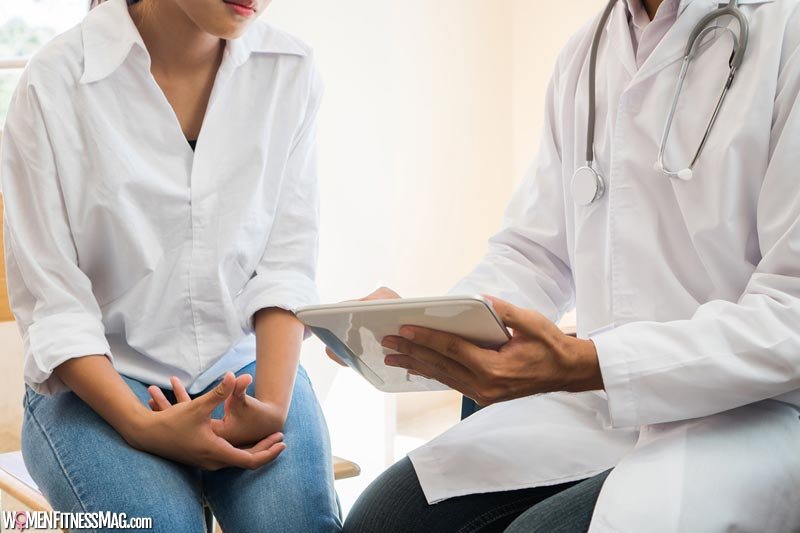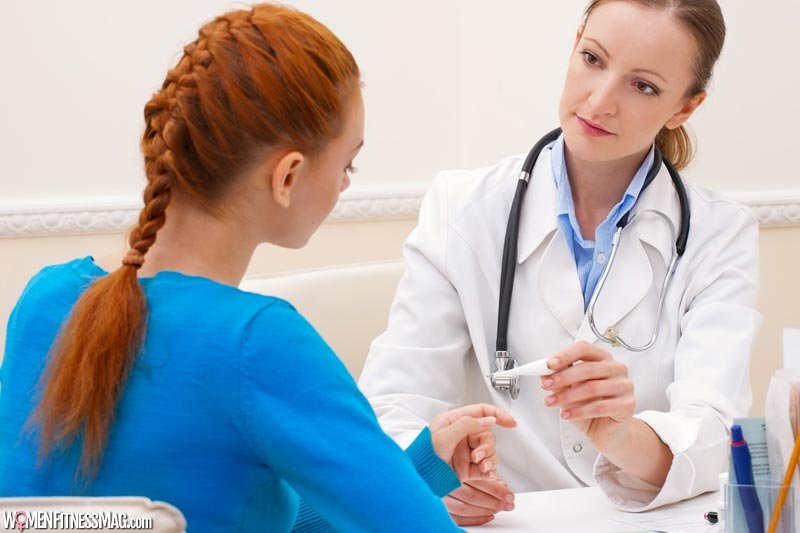Questions that you’re afraid to ask your gynae in Singapore : Healthy women make a healthy society. Whether being a career woman, a stay-at-home mom, a wife, a sister, or a daughter, women play many different roles in society and the fast-changing world.
With all that’s been going on in our daily lives, some women do not consider their over-all health a priority anymore. Every woman and every situation is unique. If you feel that you need medical attention and care, don’t be afraid to consult or visit your doctor.
Women’s health can be a sensitive topic for most women.
For most women, talking about personal and sensitive topics like reproductive health issues can be scary and even embarrassing for some. This is why, even with the abundance of gynae clinics, some women are still afraid to book a visit to see a gynae in Singapore.
This is why, in this article, we tackle the common questions that most women are afraid to ask their gynae so they can have a better understanding of sensitive topics like reproductive health and related concerns and help them to be more open to sharing information with their gynae.
What to expect during my first visit to a gynaecologist?

During your first visit, do not be intimidated with your doctor. They are there to help you in the best way possible. Typically, on your first consult, your gynae will ask questions relating to your reproductive health. This is the best time to let your gynae know about past and current gynaecological issues that you are facing. You be will be asked about your diet and lifestyle, your medical and family history, medications you take, and any past pregnancies. This information will greatly help your gynae to have a better understanding of your needs.
Do I have a gynae condition?
Most commonly, people think that having irregular periods and experiencing menstrual cramps mean that you have gynae a condition, but that is not always the case. Also, when you feel pain or other symptoms in your pelvic and reproductive area, don’t jump into conclusions that you are already suffering from a gynae condition. Do note that your gynae will be the only one to correctly determine why you are experiencing such pain and symptoms. To do this, your gynae will have to perform a series of diagnostic tests and screenings to pinpoint the exact reason for your symptoms and determine your overall health.
The tests may include:
- Routine pelvic exam
- Checking of vital signs
- Pap smear (diagnostic test for cervical cancer)
- Blood tests
- Fertility Tests
- STD testing
- Physical exams for abdomen, breast and other reproductive organs
- Ultrasound and other imaging tests
Why can’t I get pregnant?

When you and your partner have been trying to conceive for a long time now and still end up unsuccessful, then it is best to seek help from your gynae. There are many factors that can cause women to have difficulties getting pregnant. Do not lose hope because your gynae will help you determine the cause of your inability to get pregnant, recommend appropriate treatments and guide you in taking the necessary steps to successfully conceive.
With treatment and proper guidance, the chance of getting pregnant can improve but absolute fertility is not a guarantee. In some cases, women still cannot conceive even after treatment while others report normal conception despite having gynae problems.
In dealing with infertility problems, your gynae may recommend you to a fertility specialist to help you and your partner better.
Are surgical procedures really necessary to treat gynae conditions?
Surgical procedures can be really daunting. One reason for concern with surgeries is the risk of infection, bleeding or damage to operated organs. Patients are also concerned about the long recovery periods and post-operative care that should be observed with surgical procedures.
Each condition is different and your gynae will always have the final say concerning your treatment. This is why, it is important that your gynae should be able to help you really understand your condition, the treatment plan and the required medical procedures you are about to undertake.
Typically, your gynae will first recommend conventional non-invasive treatments and will only recommend surgery if these initial treatments do not improve your condition.
Can gynae conditions develop into cancer?
Based on research and reported cases, most gynae conditions are naturally non-cancerous and the risk of developing cancerous growth is low. However, there are also studies that have shown that ovarian cancer occurs at a higher rate in women with endometriosis. Although rare, endometriosis can lead to a type of cancer called endometriosis-associated adenocarcinoma. Also, non-functional ovarian cysts can become cancerous when they become too large and left untreated. When you discover that you these gynae conditions or related disorders, do not panic and conclude that it will lead to cancer. Talk to your gynae and trust him/her to have a proper diagnosis and guidance. In dealing with gynae conditions, good communication and trust between the gynae and patient are very important.
PK Women’s Clinic in Singapore for women’s health
The medical staff at PK Women’s clinic takes pride in filling the role of helping women make their over-all health a priority so they can do what is naturally inclined to them to do, which is to take care of their homes, jobs and other people around them. In Singapore, speciality clinics like PK Women’s Clinic are so passionate about helping women become healthier and happier.
PK Women’s Specialist Clinic
2,Tai Thong Crescent, #01-12,
The Venue Shoppes., Singapore 347836
+65 6636 9909
Related Videos about Questions that you’re afraid to ask your gynae in Singapore :
The questions you’re too afraid to ask your gynecologist
Questions You May be Scared to Ask Your Gynecologist
https://www.youtube.com/watch?v=3vY6B9J5pbc
Questions Every Woman Wants To Ask A Gynaecologist
Questions that you’re afraid to ask your gynae in Singapore
questions to ask gynecologist on first visit, ask your gynecologist, gynecologist questions they ask, questions to ask gynecologist when trying to get pregnant, questions to ask your gynecologist during pregnancy, questions to ask gynecologist about menopause, questions to ask gynecologist about birth control, questions to ask gynecologist after hysterectomy,




